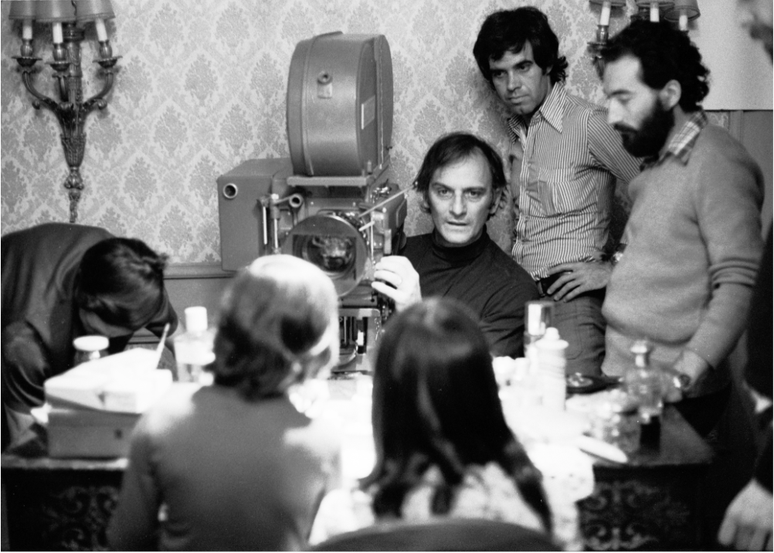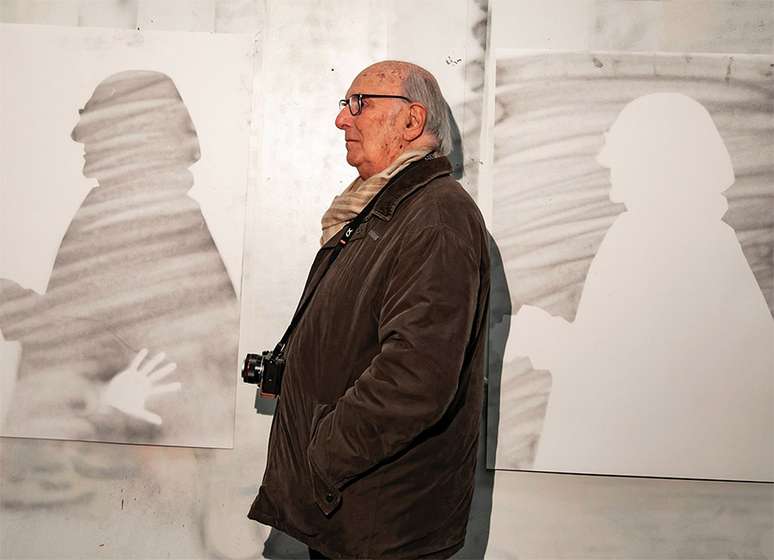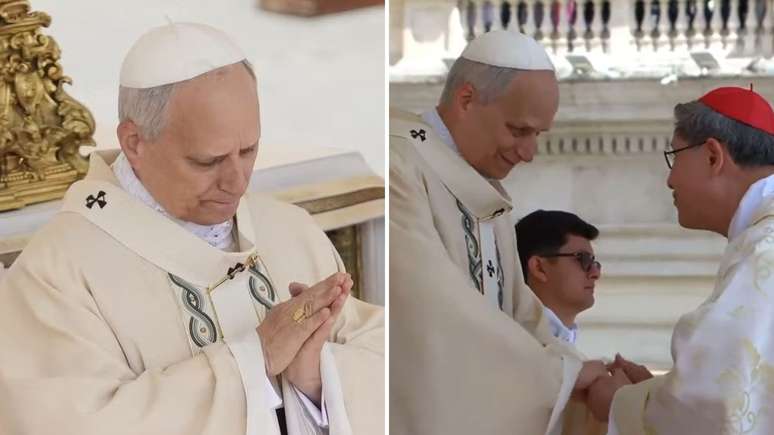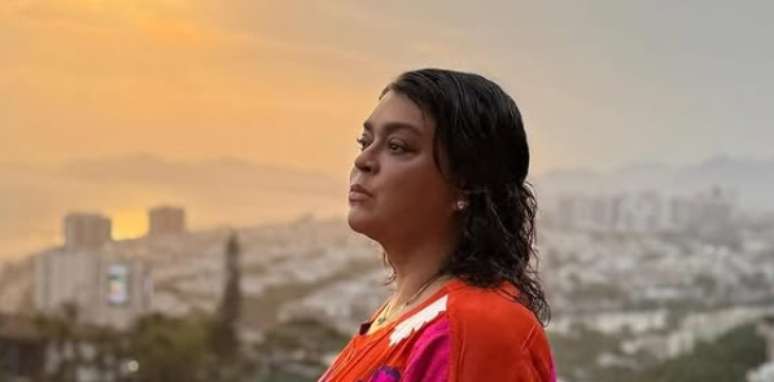The Spanish director Carlos Saura, author of famous films such as “Cria Corvos” (1976) and “Carmen” (1983), died this Friday (10/2) of respiratory problems in his home in Spain, at the age of 91 .
He had already been in poor health for some time. Saura had a stroke last year, and at another time, she fell. These two incidents contributed to her deteriorating health.
With more than 50 works to his credit, Saura was considered one of Spain’s leading filmmakers, alongside big names such as Luis Buñuel and Pedro Almodóvar.
Born on January 4, 1932, in Huesca in northeastern Spain, Saura was only four years old when the Spanish Civil War broke out in 1936 and his childhood was marked by the conflict.
Years later, he would gain a reputation as a critic of Franco’s regime. But he hasn’t addressed this issue directly. Instead, he used allegories in his films to evade censorship.
Saura began his film career in the 1950s directing short films. His debut as a director of a feature film took place in 1960, when he directed “The Delinquents”, selected at the Cannes Film Festival.
He became internationally known with “A Caça” (1966), winner of the Silver Bear at the Berlin Film Festival. The film tackled the legacy of the Spanish Civil War through the story of three veterans who reminisce about their experiences on a rabbit hunting trip.
From there, Saura became a German festival fixture, winning the Silver Bear again the following year, for the Hitchcockian thriller ‘Peppermint Frappé’ (1967), and the Golden Bear for ‘Hurry, hurry’ (1981), criminal plot of juvenile offenders.
But it was the Cannes Film Festival that consecrated one of his best-known works, “Cria Corvos” (1976), which tells the story of a woman who believes she was the cause of the death of her father, a Franco soldier, through a strange power . The film won the jury prize at the French festival.
With a filmography full of classics, he has also directed the drama “O Jardim das Delicias” (1970), the gothic “Ana e os Lobos” (1973), the nostalgic “A Cousin Angélica” (1974), the fantasy comedy “Mamãe It’s been 100 years” (1979), and from the 80s onwards he specialized in musicals with Iberian and Latin American choreography and iconography. There were as many as 11 works of the genre, between dramatizations and documentaries: “Bodas de Sangue” (1981), “Carmen” (1983), “Amor Bruxo” (1986), “Sevillanas” (1992), “Tango” (1998 ), “Salomé” (2002), “Fados” (2007), “Flamenco Flamenco” (2010), “Argentina” (2015), “Jota de Saura” (2016) and “El Rey de Todo el Mundo” (2021 )).
Active over the decades, he has also shot the cop epic ‘El Dorado’ (1988), the cops ‘Taxi’ (1996) and ‘The Seventh Day’ (2004), the biopic ‘Goya’ (1999) and the homage to Spanish surrealism “Buñuel and King Solomon’s table” (2001). His latest feature film was the documentary “Las Paredes Hablan” (2022), about the history of art.
“I’ve been lucky in life to do what attracted me the most: I’ve directed cinema, theater, opera and I’ve drawn and painted all my life,” he said, in 2020, in an interview with El País newspaper. And he described himself as “a lucky person who directed about 50 films and made the films he wanted. And this is a miracle”.
After announcing Saura’s death, the Spanish Film Academy described him as “one of the most important filmmakers in the history of Spanish cinema”.
He would have received, this Saturday (11/2), a Goya honor award, which thus becomes a posthumous award.

Source: Terra
I am Amanda Gans, a motivated and ambitious professional in the news writing industry. With over five years of experience in this field, I have developed an eye for detail and an ability to craft stories that captivate readers. I currently write for Gossipify, where I specialize in beauty & celebrities news. My passion lies with exploring the world of beauty through writing, interviewing experts and developing articles that are both informative and entertaining.








